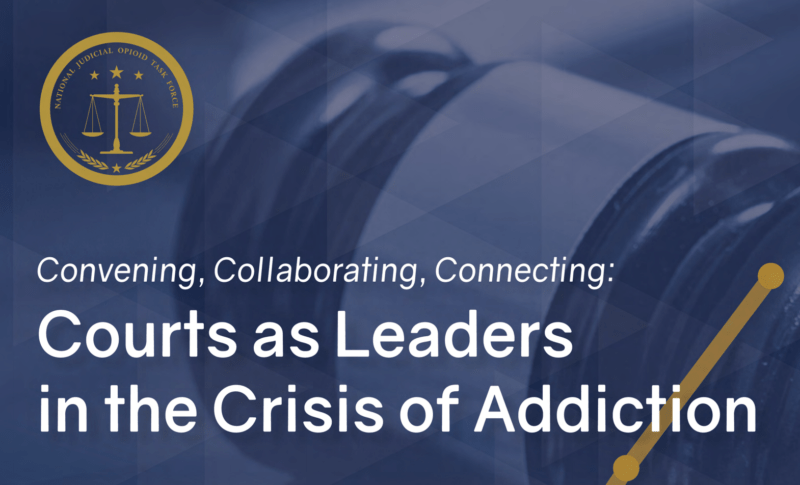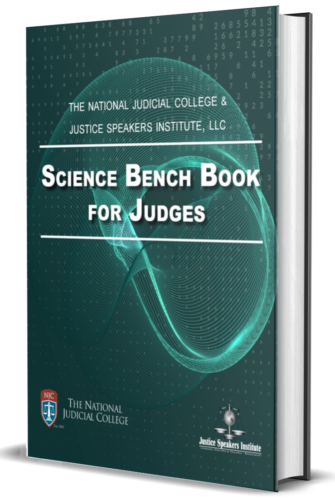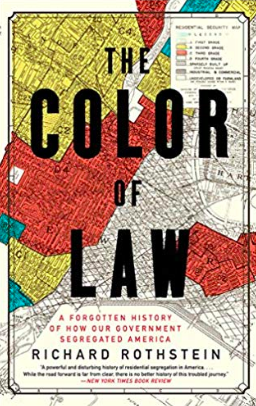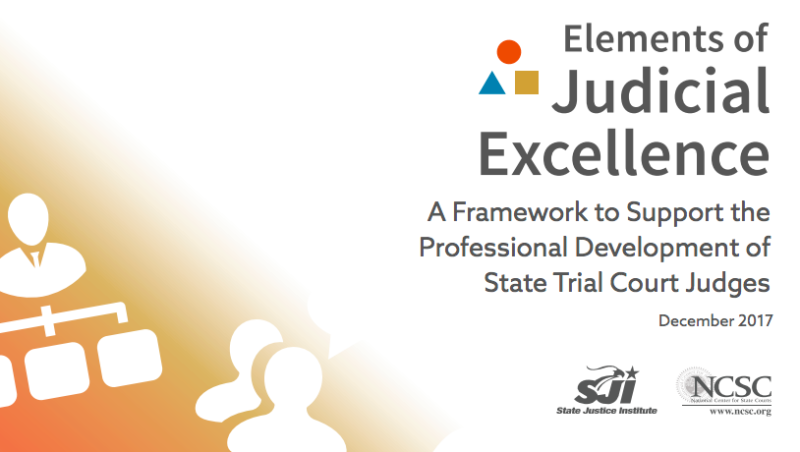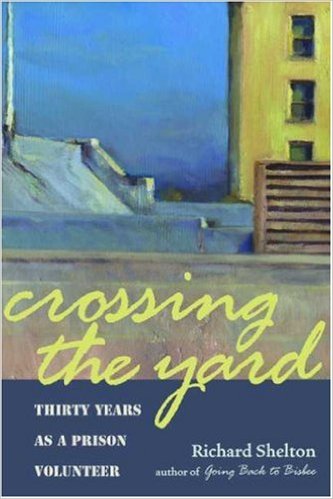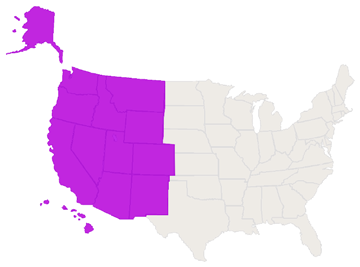Richard Rothstein’s thesis is that local, state, and federal laws, rules and policies deliberately caused segregation in public housing, beginning primarily around World War II when severe housing shortages for war workers caused the government to build public housing in large numbers where war industries existed. While the common supposition is that housing segregation is a result of people choosing to live in segregated neighborhoods, Mr. Rothstein argues that segregation in housing is in fact a result of laws and policies of the government. His arguments are compelling and are a lesson for everyone in the court system, in fact for all citizens, about why housing segregation really happened, and what might be done about it.

